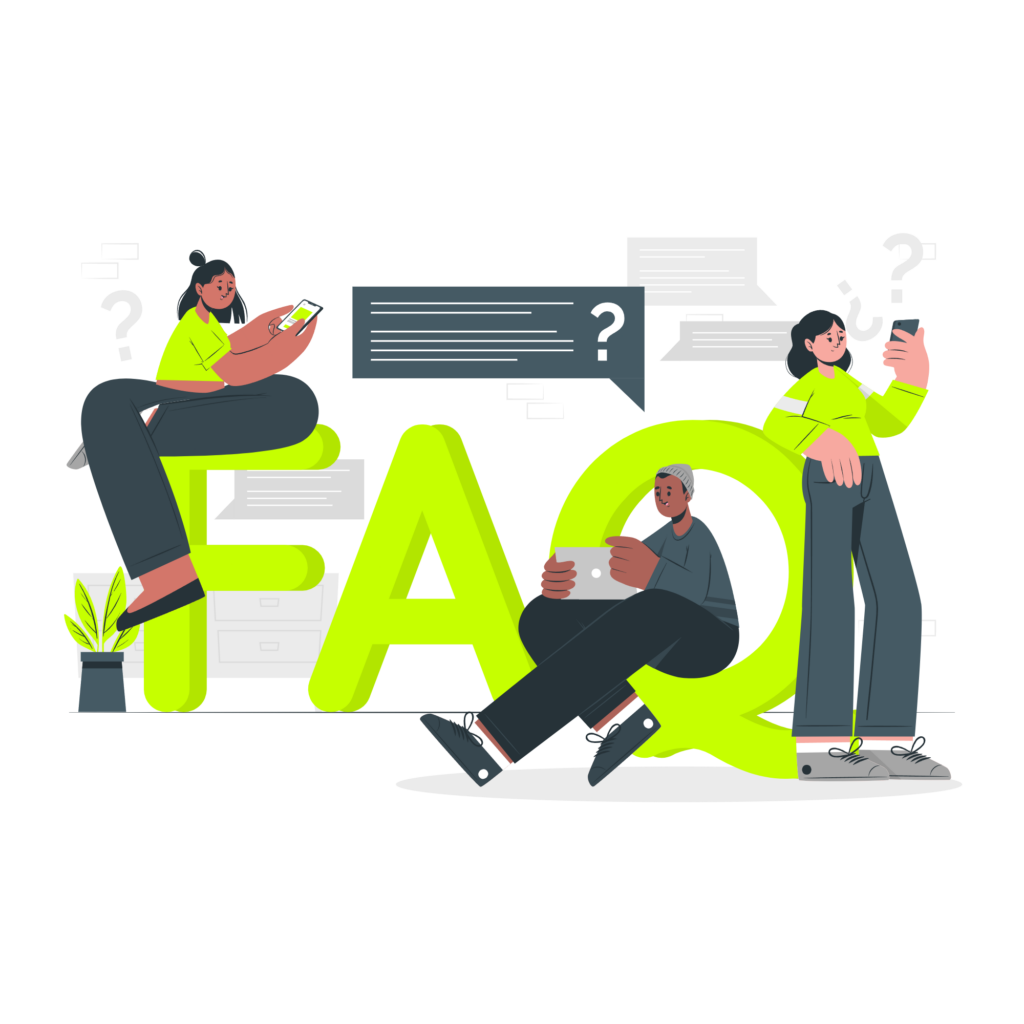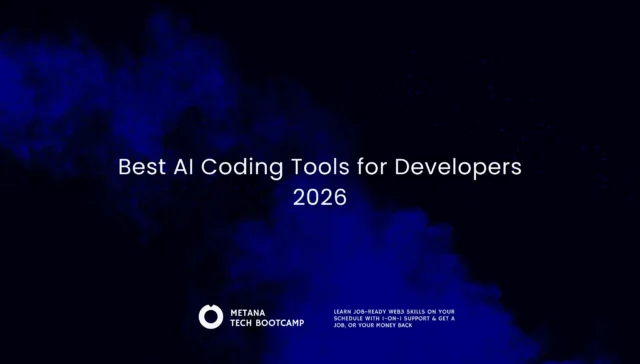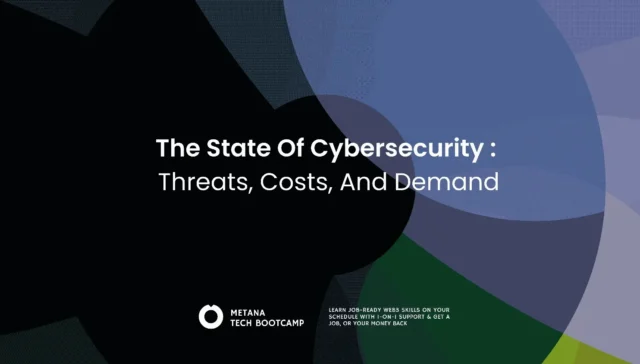If you’re asking yourself, “How do I start studying to become a Data Analyst?“, you’re on the threshold of an exciting career path. Data analysis is a growing field with a high demand for skilled professionals. Here’s your roadmap on how to begin your journey.
Understand the Basics of Data Analytics
To begin your data analytics journey, it’s important to understand the fundamental concepts. Data analytics involves extracting knowledge and insights from raw data to support decision-making. There are different types of data analytics, including descriptive (summarizing historical data), diagnostic (identifying patterns and causes), predictive (forecasting future outcomes), and prescriptive (providing recommendations). By grasping these concepts, you’ll have a solid foundation for further learning.
How to Start : Set Clear Goals

Setting specific goals is a critical step when embarking on your data analytics journey. These goals ensure focus and direction, preventing you from becoming overwhelmed by the vastness of this field. They also facilitate progress tracking, offering a means to measure how far you’ve come and maintain motivation.
Goals also play a crucial role in shaping your career path in data analytics. Having a clear objective helps tailor your learning to specific roles that align with your interests, strengths, and aspirations.
Reflecting on your interests and long-term objectives will help shape these goals. Consider questions such as:
- What aspects of data analytics excite you most?
- Which industries do you want to apply data analytics to?
- What specific skills or technologies within data analytics intrigue you?
- What role do you envision for yourself in the field of data analytics?
Reflecting on these questions will guide your goal-setting process, enabling you to choose the right courses and projects that align with your career objectives. Through this, you can build a successful, fulfilling career in data analytics.
How to Get Started Learning Data Analytics
To get started learning data analytics and acquire the necessary skills to become a data analyst, you can follow these steps:
- Understand the basics: Begin by getting a solid foundation in mathematics, statistics, and computer science concepts. Familiarize yourself with topics like probability, algebra, data structures, and programming languages (such as Python or R).
- Self-study resources: Utilize online resources like tutorials, documentation, and blogs to learn the fundamentals of data analysis. Websites like Kaggle, Coursera, Udemy, and Codecademy offer a wide range of free or paid courses specifically focused on data analysis.
- Online courses: Consider enrolling in structured online courses designed for data analysis. Platforms like Coursera, edX, and DataCamp offer courses taught by industry professionals and cover various topics, including data visualization, statistical analysis, and machine learning.
- Boot camps: Joining a data analysis boot camp can provide an immersive learning experience and hands-on training. These programs are often shorter in duration (typically a few months) and focus on practical skills needed for data analysis in real-world scenarios.
- Degree programs: Pursuing a degree in data analytics, statistics, computer science, or a related field can provide comprehensive knowledge and a solid academic foundation. Many universities offer undergraduate and graduate programs specifically tailored for data analysis.
- Practice with real-world projects: Apply your knowledge by working on real-world data analysis projects. This could involve analyzing public datasets, participating in Kaggle competitions, or collaborating on open-source projects. Practical experience will strengthen your skills and understanding.
- Networking and community engagement: Join data analysis communities, attend meetups, and engage with professionals in the field. Networking can provide opportunities to learn from experienced individuals, gain insights into industry trends, and potentially find mentors or job opportunities.
- Continuous learning: Data analysis is a rapidly evolving field, so it’s essential to stay updated with the latest tools, techniques, and industry practices. Follow blogs, subscribe to relevant newsletters, and participate in online forums to keep expanding your knowledge.

Remember, a combination of theoretical understanding, practical application, and continuous learning will help you develop into a proficient data analyst. It’s important to practice regularly and gain hands-on experience to reinforce the concepts you learn throughout your journey.
Resources for Learning Data Analysis
Online Courses:
- Coursera: Offers courses like “Data Science and Machine Learning Bootcamp with R” and “Data Science and Machine Learning Bootcamp with Python.”
- edX: Provides courses such as “Introduction to Data Science with Python” and “Analyzing and Visualizing Data with Power BI.”
- DataCamp: Offers interactive courses covering topics like data manipulation, data visualization, and statistical analysis.
- Udemy: Provides a wide range of data analysis courses, including “Python for Data Analysis“.
Books:
- “Python for Data Analysis” by Wes McKinney: A comprehensive guide to data analysis using Python and the popular pandas library.
- “Data Science for Business” by Foster Provost and Tom Fawcett: Focuses on the application of data analysis techniques for business decision-making.
- “R for Data Science” by Hadley Wickham and Garrett Grolemund: Covers data manipulation, visualization, and analysis using the R programming language.
- “Practical Statistics for Data Scientists” by Peter Bruce and Andrew Bruce: Explores statistical concepts and techniques commonly used in data analysis.
Tutorials and Websites:
- Kaggle: An online platform that hosts data science competitions and provides datasets and kernels for practicing data analysis.
- Dataquest: Offers interactive tutorials and projects covering data analysis and data science concepts.
- Towards Data Science: A popular online platform featuring articles, tutorials, and case studies on various data analysis topics.
- DataCamp Community: Provides a platform for users to access tutorials, projects, and community discussion forums focused on data analysis.
These resources offer a combination of structured learning, hands-on practice, and theoretical knowledge to help you develop your data analysis skills. Choose the ones that align with your learning style and goals, and don’t hesitate to explore multiple resources to diversify your knowledge.
How to Build a Data Analyst Portfolio
A data analyst portfolio is a collection of your work that showcases your skills to potential employers. It should include projects that you have worked on, as well as any data visualizations or presentations that you have created.
To build a data analyst portfolio, you can start by working on projects that interest you. You can also volunteer your data analysis skills to a local organization or start a personal data analysis blog.
How to Get a Job as a Data Analyst
There are many ways to get a job as a data analyst. Here are a few tips:
- Network with people in the data analysis field.
- Attend data science meetups and conferences.
- Apply for data analyst jobs online.
- Reach out to companies that you are interested in working for and let them know that you are a data analyst.
Conclusion : How Do I Start Studying To Become A Data Analyst?
In conclusion, if you’re wondering, “How do I start studying to become a Data Analyst?” the answer lies in building a strong foundation in mathematics, learning programming languages, studying data analysis techniques, developing communication skills, and gaining practical experience. Start today, and you could be on your way to an exciting and rewarding career in data analysis!

1.What are the best resources for self-learning data analytics?
Several online platforms offer comprehensive courses in data analytics, including Coursera, edX, DataCamp, and Khan Academy.
2. Which languages or tools are essential for data analytics?
SQL, Python, R, Excel, and Tableau are some of the essential tools and languages for data analytics.
3. What is the role of data analytics in business?
Data analytics helps businesses in informed decision-making, identifying trends, improving operational efficiency, and driving strategic growth.
4. How long does it take to self-learn data analytics?
The time can vary depending on an individual’s prior knowledge, the amount of time they can dedicate per day, and the complexity of the specific area they’re learning.
5. Can you self-study data analytics?
Yes, with the abundance of online resources, self-study in data analytics has become quite feasible.
6. What are the different types of data analytics?
The four primary types are Descriptive, Diagnostic, Predictive, and Prescriptive Analytics.
7. How does Python help in data analytics?
Python, with libraries like pandas, numpy, and matplotlib, helps in data cleaning, manipulation, analysis, and visualization.
8. How important is hands-on experience in learning data analytics?
Hands-on experience is crucial as it helps in understanding real-world scenarios and applications of data analytics.
9. Are there any communities for data analytics learners?
Yes, communities like Kaggle, GitHub, and data.world are great platforms for data analytics learners to connect and learn.
10. Is continuous learning necessary in data analytics?
Yes, the field of data analytics is constantly evolving, making continuous learning essential to stay updated.







